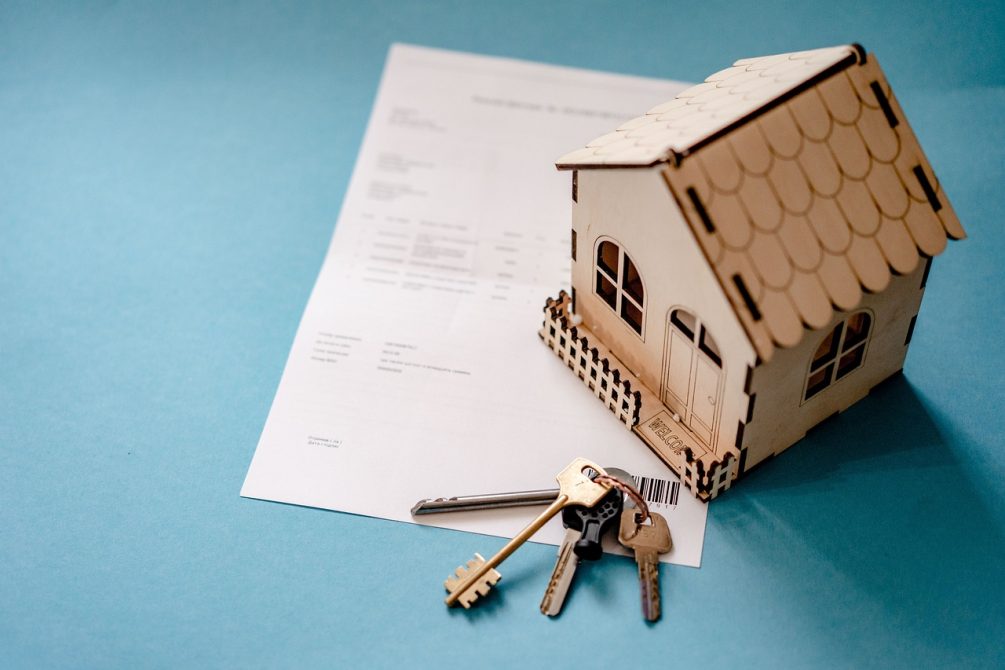Reverse Mortgages in Australia: What You Need to Know
Navigating retirement finance can be complex. However, a tool many Australian retirees are utilizing to ensure financial security is a reverse mortgage. But exactly what is a reverse mortgage, and how does it work in Australia? PropertyChat offers an in-depth guide for senior homeowners interested in understanding reverse mortgages.
Definition of a Reverse Mortgage
A reverse mortgage is a type of home loan that allows senior homeowners to convert a proportion of their home’s equity into cash. This setup reverses the usual mortgage process – instead of the borrower paying the lender, the lender provides money to the borrower.
Types of Reverse Mortgages
Different types of reverse mortgages cater to various needs and circumstances:
Home Equity Conversion Mortgages (HECMs): These are government-backed reverse mortgages. They are often chosen by homeowners who want to supplement their income, pay off debt, or cover unexpected expenses.
Proprietary Reverse Mortgages: This type is a private loan. If your house has a high appraised value, you might prefer this option to receive more loan proceeds than you could from an HECM.
Single-Purpose Reverse Mortgages: Offered by some state and local government agencies and non-profit organizations, these are the least expensive type. However, the lender specifies what the loan may be used for, such as home repairs or property taxes.
Eligibility Requirements for Reverse Mortgages
To be eligible for a reverse mortgage in Australia, you must be at least 60 years of age, own your home outright, or have a substantial amount of equity in it. Your home should be your primary residence. The loan amount you can get depends on your age, the value of your home, and the current interest rates.
Pros and Cons of Reverse Mortgages
For many Australians, reverse mortgages can offer significant benefits:
No Monthly Payments: The loan is typically repaid from the sale of the house when the borrower passes away or moves out permanently.
Flexibility: The funds from a reverse mortgage can be used in any way the borrower sees fit.
Loan Security: The borrower can never owe more than the value of the home at the time it is sold.
However, like all financial products, there are downsides to consider:
Debt Accumulation: Interest rates on reverse mortgages can be higher than standard home loans, causing the loan balance to grow over time.
Reduced Equity: Your estate will have reduced value, affecting the inheritance for any heirs.
Potential Impact on Government Aid: The income from a reverse mortgage might affect eligibility for aged pension or veterans’ pensions.
How to Apply for a Reverse Mortgage
Applying for a reverse mortgage involves a few steps. After confirming your eligibility, you’ll need to choose a lender, complete an application, and undergo a property appraisal. Remember, it’s important to seek legal and financial advice before entering into a reverse mortgage contract.
How Reverse Mortgages Work
Once you get a reverse mortgage, you can choose to receive the proceeds in a few ways – as a lump sum, regular monthly payments, a line of credit, or a combination. Unlike a traditional mortgage, you won’t make any loan payments as long as you live in your home. The loan becomes due when you sell your home, move out permanently, or pass away. At that point, the loan balance, which includes the amount you borrowed plus interest, must be repaid.
The Costs of a Reverse Mortgage
Reverse mortgages may seem enticing with their promise of a steady cash flow, but senior homeowners need to be aware that these loans come with costs. Fees include an application fee, typically paid upfront, and an annual service fee charged by the lender to maintain your account.
In addition to the fees, there is the interest rate, which can be higher than traditional home loans. Interest accumulates over the life of the loan, which means the total amount to be repaid will grow over time. Another significant cost is mortgage insurance, which guarantees that you’ll never owe more than the market value of your home, no matter how much you’ve borrowed.
In short, the total cost of a reverse mortgage can be substantial and may impact the value of your estate. Having all this information can assist seniors in making an informed decision about whether a reverse mortgage is the right choice for their situation.
Exploring Alternatives to Reverse Mortgages
A reverse mortgage is just one option available to seniors. If the costs and terms associated with reverse mortgages seem overwhelming, there are other options you can consider:
Selling and Downsizing: If your home is larger than you need or difficult to maintain, selling it and purchasing a smaller one might be a practical choice. The excess funds can then supplement your retirement savings.
Traditional Home Equity Loan: Instead of a reverse mortgage, you might opt for a traditional home equity loan or a home equity line of credit. These types of loans require monthly payments, but they often come with lower interest rates and fees.
Refinancing Your Current Mortgage: If you still have a mortgage on your home, you could consider refinancing it for a lower rate or a longer term to decrease your monthly payments.
PropertyChat can provide more information on these alternatives, ensuring seniors are equipped with all necessary content to make the best decision.
Beware of Reverse Mortgage Scams
Despite regulations designed to protect seniors, reverse mortgage scams persist. Unscrupulous lenders may use high-pressure sales tactics, mislead borrowers about the terms of the loan, or include hidden fees and penalties in the fine print.
To avoid falling victim to such scams, always verify the legitimacy of the lender. Check their credentials and read reviews. Never sign any document you don’t fully understand. If anyone pressures you to sign before you’re ready, that’s a red flag.
Remember that at PropertyChat, we care about your financial wellbeing. We offer comprehensive services to guide you in your reverse mortgage journey, ensuring a safe, reliable transaction.
Need Clarity on Reverse Mortgages?
It’s crucial to make well-informed decisions, especially when your home and financial security are involved. Our team is well-versed in all things related to reverse mortgages and is ready to answer any questions or concerns you might have.
Schedule Your Consultation with a PropertyChat Specialist Today!
Frequently Asked Questions
What is a reverse mortgage?
A reverse mortgage is a loan that allows senior homeowners to convert a portion of their home’s equity into cash.
How does a reverse mortgage work?
The homeowner receives funds from the lender, which are repayable upon selling the home, moving out permanently, or passing away.
Who is eligible for a reverse mortgage?
Homeowners aged 60 or above, who own their home and use it as their primary residence.
What are the benefits of a reverse mortgage?
It provides an income stream and requires no monthly repayments.
What are the drawbacks of a reverse mortgage?
It accrues interest, reduces home equity, and may affect pension eligibility.
Unlock the secrets of Reverse Mortgages in Australia on our latest blog post. Discover how mortgage brokers can guide you through this unique financial journey. Explore now to gain essential insights and make informed decisions.



